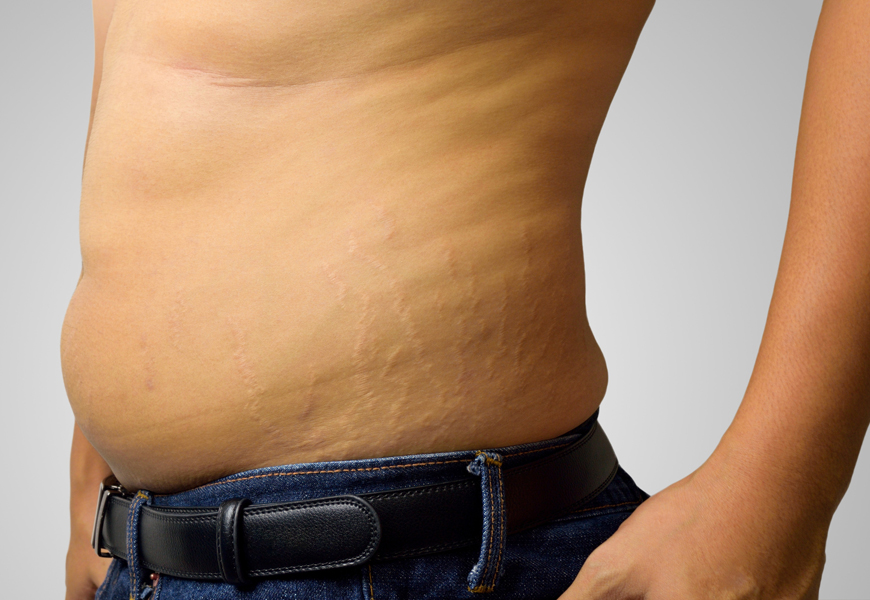As far as habits go, needing a daily caffeine fix is relatively benign. In fact, there have been studies that show drinking a black coffee a day is actually good for you. It’s when you start adding sugar and cream or opting for calorie-packed macchiatos and lattes that your caffeine habit becomes something else. Either way, a habit is something that you do without thinking; something that you’d have to make a conscious effort not to do. Do you think you’d be able to go a day without having a coffee? What about a week? If you’ve ever thought cutting back on the caffeine might be a good idea, here are some things to consider:
Your wallet
How much money you spend on coffee depends on where you get it and how often you get it. Tim Hortons and McDonalds are on the cheaper end of the spectrum, but if you prefer Starbucks or a fresh local roaster, the price jumps. Some people consider their interest in coffee and finding the best roast an actual hobby so spending a little more on the perfect espresso is no big deal.
You may have heard of the “latte factor”, a term coined by personal finance expert David Bach. It refers to the unconscious spending you do on little things that don’t really add any value to your life. Bach claimed that a daily trip to a premium coffee shop could end up costing you a million dollars if you factored in the opportunity to invest that money. Sure, you could be spending that $5 a day on something else, but if a good cup of coffee makes you happy, isn’t it worth the money?
Your health
Depending on who you ask and when, coffee might have a number of health benefits or it could be horribly bad for you and a contributing factor of any number of ailments. Right now, the pendulum has swung to the pro-coffee side with studies showing that black coffee can help reduce risk for everything from melanoma, heart disease and diabetes to Parkinson’s disease, Alzheimers and prostate cancer.
As with everything health related, genetics plays a role in the effect caffeine has on you personally. Some people can drink a few cups a day and feel fine while others get the jitters after a single cup. Avoiding added sugar and dairy is universally considered the way to go if you’re concerned about your coffee habit. So maybe instead of weening of coffee completely, try to transition from your usual double double to black .
Your time
Factoring in the time you have to spend either brewing a pot at home or waiting in line at the coffee shop probably means you have to get out of bed ten or fifteen minutes earlier than you would have otherwise. You probably also use grabbing a coffee as an excuse to take a break at work, to socialize with coworkers or as a nice gesture for someone who helped you out on a project.
It’s automatically part of your day at this point and gives you a legitimate reason to step away from your desk for a few minutes. Not to mention grabbing a coffee is one of the most obvious, no brainer options for a first date. It’s quick, it’s easy and it costs a lot less than dinner and a movie.
Your sanity
Knowing you have a mid morning coffee break to look forward to can actually make getting through all your emails a little easier. If you’re feeling tired one morning, a cup of coffee can help wake you up and give you the energy you need to get through the day.
At the same time, relying on a substance to make you feel normal every day isn’t exactly healthy, is it? Caffeine withdrawal can come with headaches, irritability, lethargy and constipation. You’ll probably only experience the symptoms for a couple days, but still—not exactly a good time. If your caffeine habit is so bad that you experience extreme withdrawal symptoms, it’s probably a good idea to cut back. After all, everything in moderation, right? And that includes coffee.












